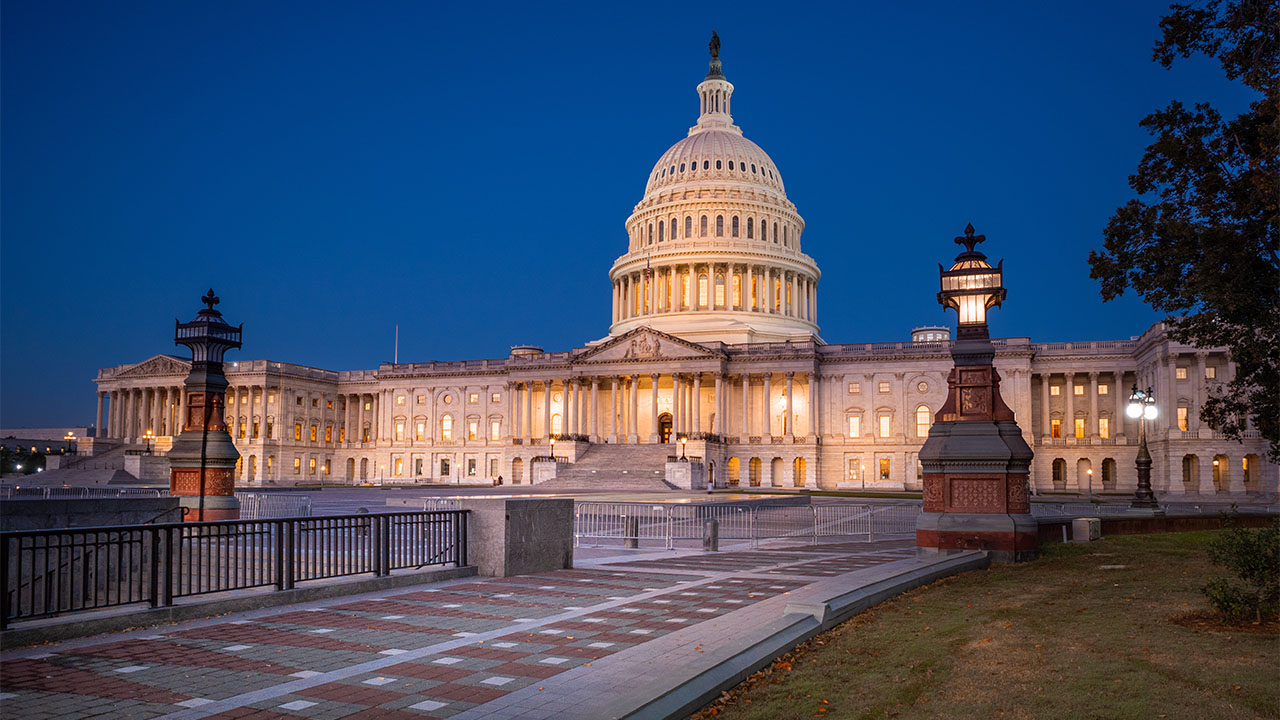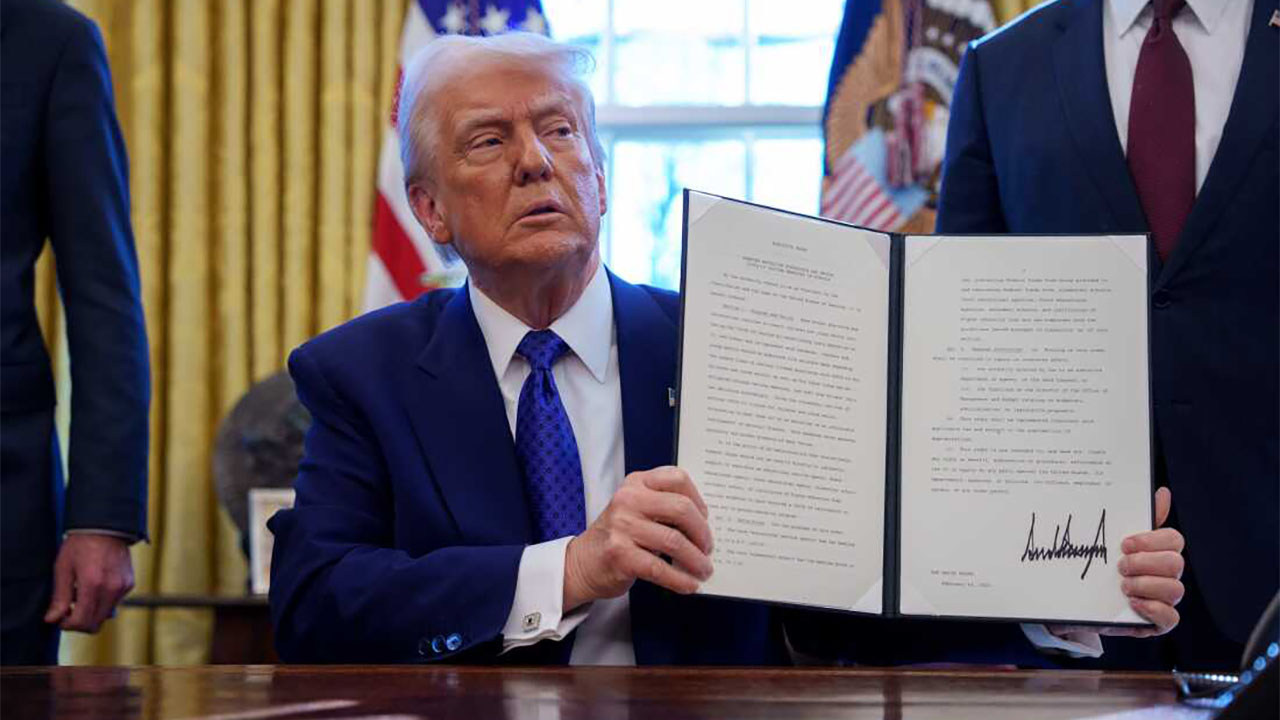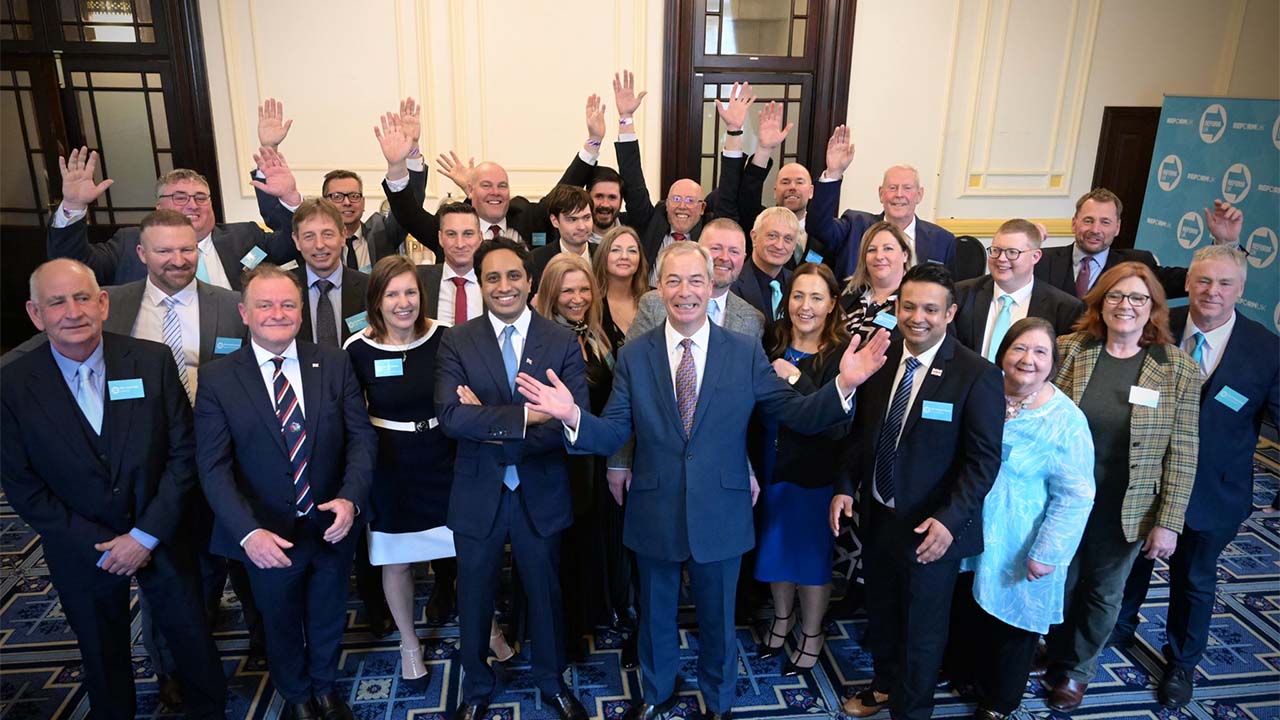While US, UK and EU politicians are squabbling about freedom of movement, there is one inward flow of transnational migration they are all hungry to encourage – money.
This week, I attended an event where federal agencies, regional authorities and city councils were at each other’s throats competing to attract foreign investment. They fearlessly pursued it in all its forms – whether that’s the current influx of Indian, Chinese and Middle Eastern funds buying stock or outright ownership of domestic businesses, or the more attractive ‘greenfield’ direct investment – when an entity sets up a new subsidiary and builds a business from the ground up, with the benefit of new supply chains and logistics etc.
In 2023, more than $1.33tn-worth of greenfield Foreign Direct Investment was announced worldwide and, perhaps it is no surprise, the US attracted the highest share of that FDI for the 12th consecutive year.
The US has a good story to tell. Foreign investors are encouraged by the US’ higher-than-anticipated GDP growth, strong consumer and government expenditure, and healthy export levels. The ranking also reflects the United States’ lead in technological innovation, a top priority for investors and an area where over the past 18 months the Biden-Harris Administration has passed policy to boost it on the economic agenda.
Foreign investors bring not only capital but also expertise, technology, and access to wider international markets. While it has largely been the domain of national and federal agencies, Foreign Direct Investment also plays a crucial role in the economic development of city regions. The average US metro area has 5.5% of its private sector jobs reliant on inward flows of funds.
As the event proved, US cities and their leadership fully recognise the importance of presenting their cities in the best possible light. That means not only playing to their strengths but actively and aggressively taking their offer to the FDI marketplace.
UK Cities or regions could learn a lesson or two from their US counterparts.
In an increasingly interconnected global economy, the ability of cities to attract, manage, and leverage FDI is paramount for sustainable growth, job creation, and innovation. UK cities need to own and actively pursue foreign direct investment, highlighting the economic benefits, enhancing their strategic positioning and local governance.
Many U.S. cities and regions are already global, deeply connected to the international flows of people, trade, and ideas. Cities with substantial diasporas, such as Boston, where one-in-four residents are foreign-born, leverage their local communities to undertake cultural and citizen diplomacy.
Attracting FDI also requires deliberate efforts based on proactive and targeted strategies.
I’m based in Northwest Florida where the defence sector is particularly strong, while Alabama, our neighbour to the north, has become the largest hub for automotive manufacturing and its supply chain surpassing Detroit, Michigan and South Carolina.
Since Mercedes opened its first plant in Alabama in 1997, Korean manufacturer Hyundai has followed suit, now joined by Toyota, Honda and Mazda. They in turn attract Tier 1 and Tier 2 suppliers, local colleges specialise in engineering and manufacturing so a steady supply of labour is available, and smaller manufacturers of bespoke parts and services are attracted by the industry’s orbit.
And effective City FDI strategies are driven by data.
Cities and their economic development organizations, chambers of commerce and networks like Downtown in Business benefit from collecting and analyzing data to map their assets and industry strengths. SelectUSA, part of the Department of Commerce, serve as a partner for local agencies like Los Angeles Economic Development Corporation and provides them with data on everything from utility infrastructure to housing and skills levels.
And perhaps most importantly, cities need to organize for FDI by building coalitions across sectors.
Local leaders and mayors play a key role as ambassadors and champions for their region abroad. One Columbus, the economic development organization for the Columbus Ohio region, provides a model of collaboration across global stakeholders by bringing political leaders, public sector, and business entities together to set and share the region’s economic roadmap.
As UK cities and regions compete on a global scale, the ability to attract FDI is becoming a critical factor in their economic resilience.
London is undoubtedly a global player for FDI. With a long-established global leadership position in financial services, the tech sector in London has also thrived partly due to the influx of foreign investment from companies looking to tap into the city’s rich talent pool.
Elsewhere, Manchester and Birmingham have successfully attracted foreign investment from industries such as media, technology and manufacturing, creating thousands of new jobs.
With greater devolution across the UK, cities like Bristol and Liverpool have now made significant strides in improving their infrastructure to accommodate new businesses. Foreign investors often look for locations with robust transportation, reliable utilities, and modern communication systems, so investments in public transport, housing, and digital connectivity not only make these cities more appealing to foreign investors but improves the quality of life for residents.
But the global landscape for FDI is highly competitive.
Cities around the world are vying for the same pool of foreign capital. By actively managing and promoting FDI, local governments can enhance their cities’ global competitiveness.
Cities that demonstrate a proactive approach to FDI can effectively showcase their unique strengths and carve out a niche in the global market.
But they need the correct infrastructure to achieve this.
National governments create a global network of consulates, trade envoys and embassies to serve as focal points for selling their offer to prospective investors – why don’t cities do the same?
Imagine if my home region Merseyside had FDI embassies in the global hotspots for investment. With targeted strategies, informed by data and sector intelligence they could liaise directly with the businesses and organisations looking to expand into new markets and establish bridgeheads in UK.
Having an embassy with ‘ambassadors’ and ‘envoys’ could show the city region was both serious about FDI and engaging stakeholders, as well as demonstrating the effective governance and leadership demanded by investors.
UK cities must build local capacity to manage and promote foreign investment strategically. This involves not only having the right policies in place but also fostering collaboration between various stakeholders, including local governments, businesses, and educational institutions.
By creating an environment to support FDI, local governments must be equipped to navigate the complexities of international investment, offer the support services that streamline the process for foreign investors and change the mindset to a position of ‘Yes’ and ‘How can we make this happen?’
Having spent the day with American practitioners of the art of raising FDI, it is clear the need for UK cities to own and actively pursue foreign direct investment is more pressing than ever.
The economic benefits, drive for innovation, infrastructure development, strategic positioning, and effective governance are all compelling reasons for cities to take an active role in FDI.
It is also good politics. Taking steps to address socio-economic inequalities and sustainability will ensure the benefits of FDI are more broadly shared for a more equitable economy.
By embracing the opportunities that FDI presents, UK cities can follow their US peers and build a brighter future for residents and enhance their position as key players in the new global economy.














